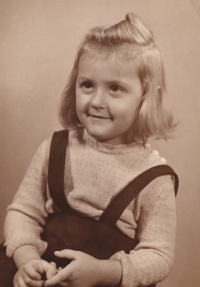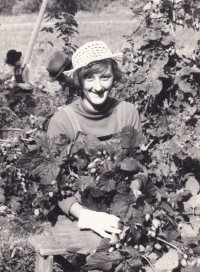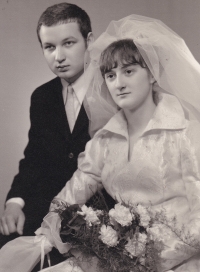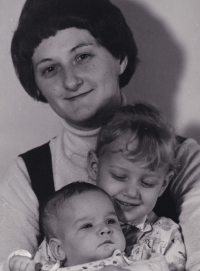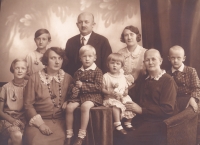The snow turned grey before morning and children would lick dust-covered icicles
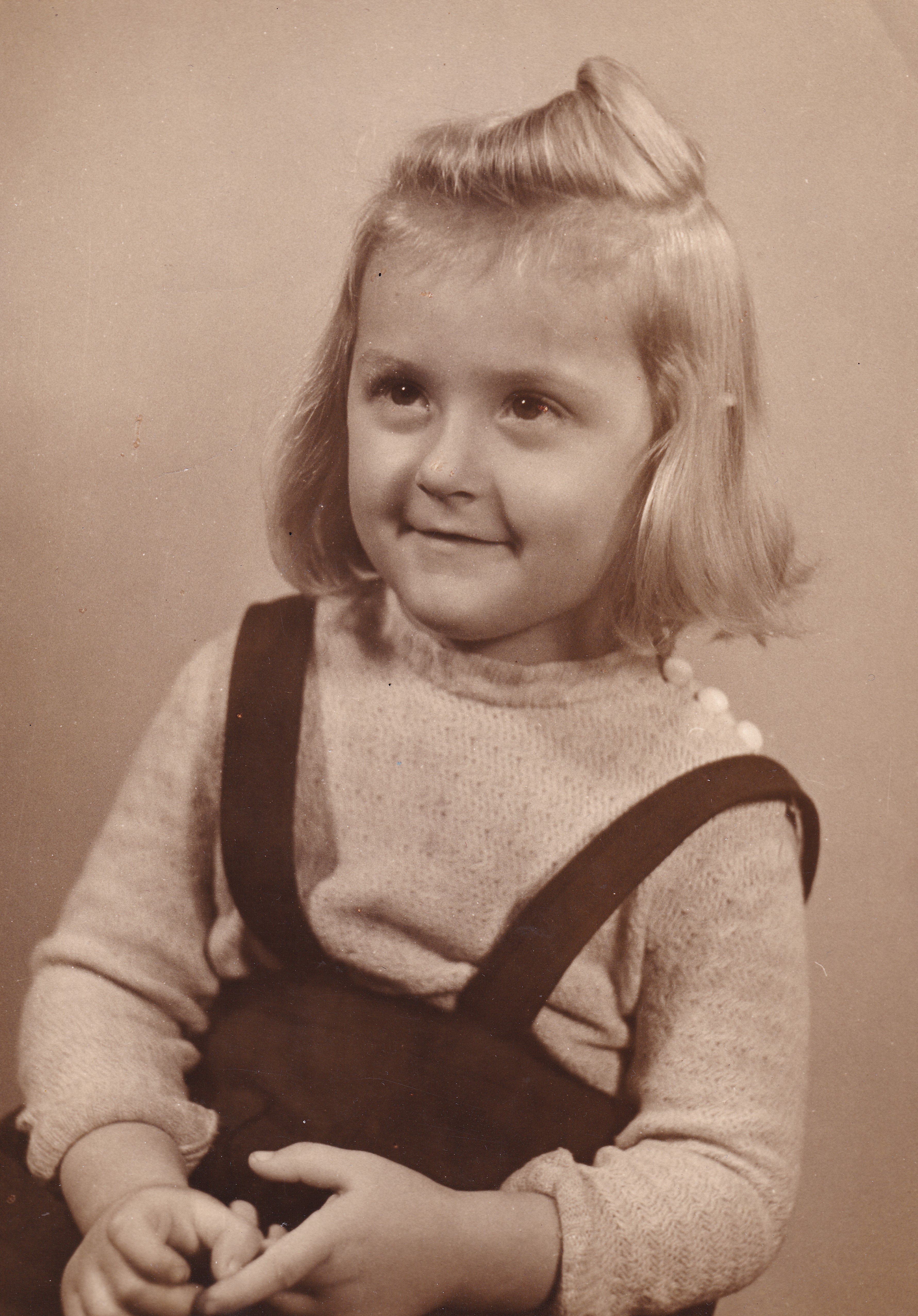
Stáhnout obrázek
Lenka Kocierzová was born on the 23rd of August in 1950 in Ostrava – Vítkovice. Her family was deeply interconnected with this region – her great-grandfather was the first policeman in Vítkovice, her grandma had a millinery salon. Lenka spent her childhood in a house which had belonged to one of the directors of Vítkovice steel works and after the nationalisation, employees of the company were moved there. The family moved to a newly built neighbourhood after their flat was divided into smaller ones and strangers moved in. In August 1968, her life was changed by the Soviet occupation. At first, she participated in protests but at the end, she was so disappointed when the general opposition to the occupants waned that she left the university, got married and devoted her time to caring for her two daughters. She studied advertising design in evening courses and got a job in the advertising department of the Bastro company. After the 1989 revolution, she started her own business in advertising where she could employ her art skills. She worked as a chronicler of the Vítkovice district and helped to save the local industrial archutecture. In Ostrava, she worked as a tourist guide and she organised various city events. Her life was changed by the covid pandemics in 2020 when she got seriously ill and her partner died of covid. In 2022, she lived in Ostrava.
